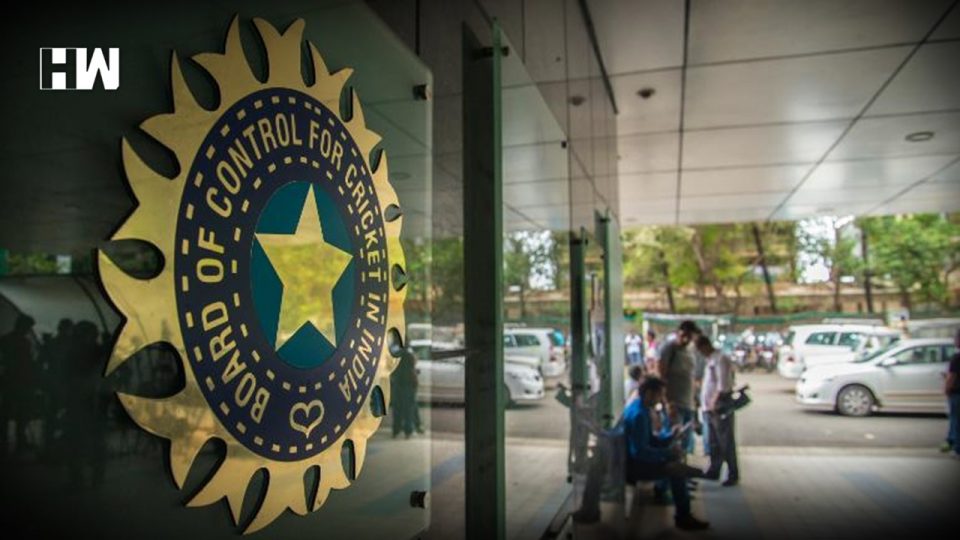New Delhi | The Supreme Court on Thursday appointed senior advocate P S Narasimha, who is assisting the apex court as an amicus curiae in the BCCI matter, as mediator for resolving various disputes related to cricket administration in the country.
A bench of Justices S A Bobde and A M Spare was informed by Narasimha that former apex court judge Justice (retd) D K Jain has assumed charge as the ombudsman of Board of Control for Cricket in India (BCCI). “The game must go on,” the bench said, asking Narasimha to act as mediator in the cricket administration disputes.
It also asked Narasimha to look into the dispute relating to release of funds by the court appointed Committee of Administrators (CoA) to various cricket associations.
Besides, it restrained all other courts in India from entertaining or proceeding with any matter pertaining to BCCI and state cricket associations. The apex court had on February 21 appointed its former judge Justice Jain, as the first court-appointed ombudsman for BCCI.
Justice Jain emerged as the first choice among the six former apex court judges whose names were placed before a bench in an envelope.
In the previous hearing, the counsel appearing for some of the state cricket associations had told the court that CoA has not released funds to them.
Solicitor General Tushar Mehta, appearing for Maharashtra Cricket Association, had said the condition was “precarious” as their stadium has been attached in a court proceeding and they have not been given funds by the CoA.
Senior advocate Kapil Sibal, appearing for a state cricket association, had argued that for the last three years, “not a single penny has been given to the state cricket associations”.
Senior advocate Parag Tripathi, appearing for the CoA, had told the bench that funds were released directly to the respective vendors for the works done by them.
“As long as people are playing the game and cricket is going on, we are not concerned,” the bench had observed. It had asked Narasimha to advise the CoA to release funds to the state cricket associations for cricketing purpose.
“At the moment, let CoA be re-constituted and they can seek advise of P S Narasimha and then release funds. We are not going to loon into the accounts,” the bench had said, adding, “We think that CoA is not utilising the services of amicus. Let them do it”.
The apex court, had on February 21 appointed Lieutenant General Ravi Thodge as the third member of the CoA for BCCI.
In 2017, the apex court had appointed a four-member CoA, headed by former Comptroller and Auditor General of India (CAG) Vinod Rai, to run the affairs of BCCI and implement the court-approved recommendations of the Justice R M Lodha panel on reforms in the cash-rich cricket body.
The other three members of the CoA were — former Indian women cricket captain Diana Edulji, historian Ramachandra Guha and banker Vikram Limaye.
Following the resignations of Guha and Limaye, the CoA presently has only two members — Rai and Edulji. The two-member CoA has been divided on several matters including the recent controversy involving cricketers Hardik Pandya and K L Rahul.
Pandya and Rahul had attracted widespread criticism for their alleged misogynistic comments on TV Show ‘Koffee with Karan’.
Rai had reportedly recommended a two-match ban on Pandya and Rahul, but Edulji had taken the matter to the BCCI legal cell which refused to call the players’ actions a violation of the code of conduct and recommended the appointment of an ombudsman.
The CoA chief and Edulji had also reportedly differed on the controversy relating to exclusion of Indian women cricketer Mithali Raj from the playing 11 in the crucial semi-final match of the recently concluded women’s world cup.
As an independent media platform, we do not take advertisements from governments and corporate houses. It is you, our readers, who have supported us on our journey to do honest and unbiased journalism. Please contribute, so that we can continue to do the same in future.

